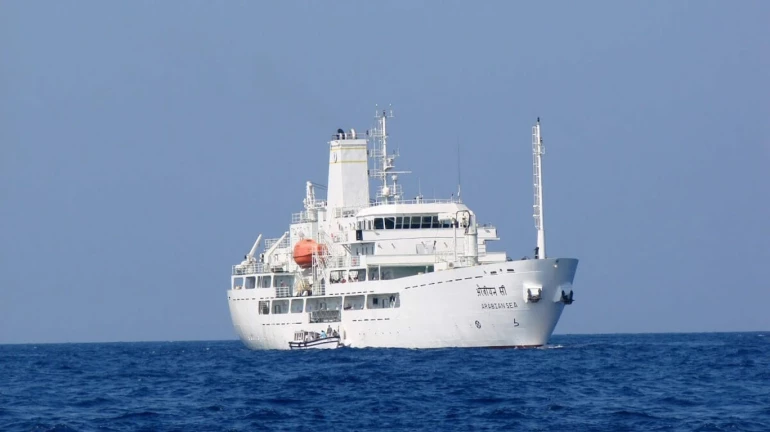
Just a day before the World Oceans day (June 8), a study conducted under the Indian Maritime Foundation revealed that the noise levels will double as a result of increased ship movement in the Indian Ocean, Arabian Sea and the Bay of Bengal, ultimately impacting marine life.
The decibel levels in the Indian seas have risen from a maximum of 185-190dB to 210dB over seven decades. Frequent cases of whales and other marine animals dying along the coast could be attributed as the outcome of the increasing noise. Noise from ships causes biological harm to the marine mammals, leading to internal injuries, bleeding and haemorrhages and even death in the worst cases. Excessive noise from fishing has led to marine animals losing their sense of direction as it matches the frequency of their communication signals.
The Indian Ocean, Arabian Sea and Bay of Bengal represent 20 per cent of the world’s ocean area. As per the Maharashtra Maritime Board (MMB), as many as 30,000 large ships and vessels enter the collective along the Indian Ocean every year. Due to heavy density of ship traffic, the seas off the west coast accounting for 65 per cent of the ships were found noisier. No safe limit has been set either by the environment ministry or any global body to control the noise levels here.
The good news is that the situation can improve if the government intervenes. Although India does not have a complete authority over the Indian Ocean Region, the union environment ministry has come up with a list of guidelines to protect aquatic, coastal and marine ecosystems, as a part of the National Wildlife Action Plan 2017-2031.





